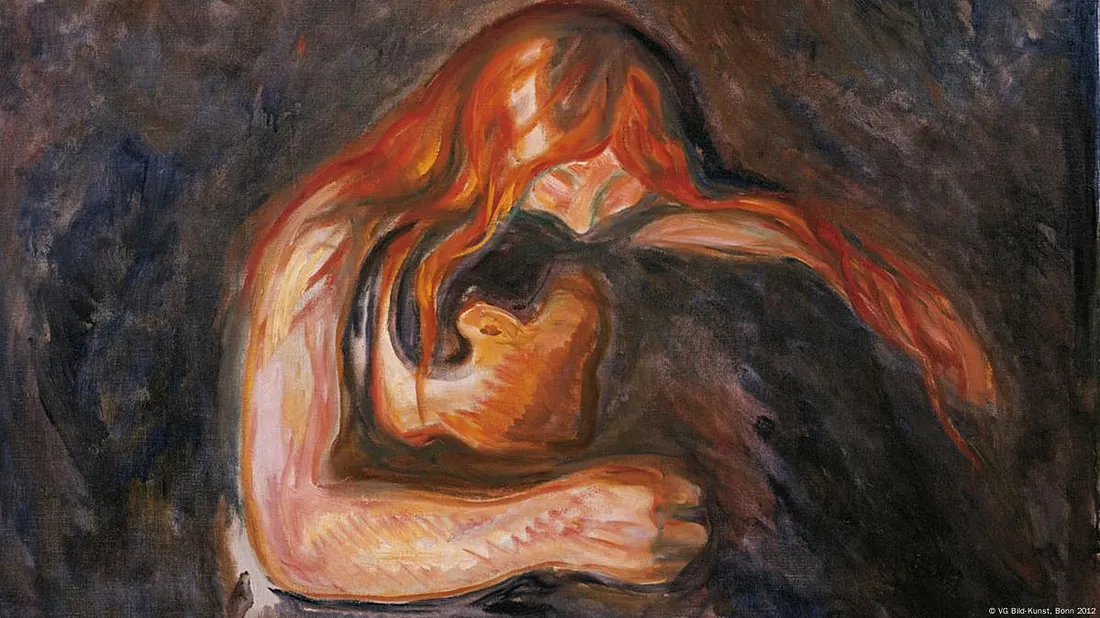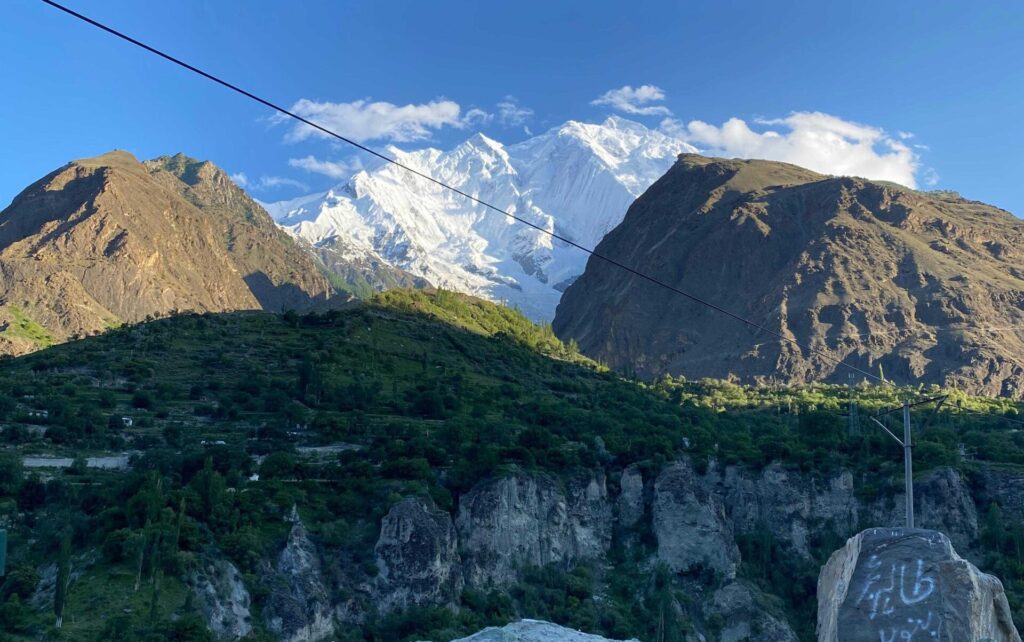Love is an ideal thing, marriage a real thing; a confusion of the real with the ideal never goes unpunished.
Johann Wolfgang von Goethe
Romanticism, that beautiful lie. A whisper in your ear telling you that love is fate, that somewhere out there, a person exists who will complete you, understand your soul without words, and love you in a way that makes all the pain of life disappear.
What a grand and intoxicating illusion. It ruined us. All of us.
Because what happens when you meet someone, and they are not perfect? When they don’t finish your sentences, when they fail to read your mind, when they leave their socks in the living room one too many times?
What happens when love is not an endless sea of passion, but a slow-burning candle that flickers, dims, and sometimes nearly goes out?
Romanticism never prepared us for that. It told us that love, true love, should be effortless, eternal, and drenched in poetry. So when the reality of love — messy, imperfect, human love — arrives, we panic.
This isn’t what I signed up for. Maybe they’re not The One. Maybe real love is still out there, waiting. And so, we walk away, chasing a ghost.
Ah, but the greatest trick Romanticism ever pulled was convincing us that passion is the highest form of love.
That if it does not burn, it is not real.
And so we worship the fire. We crave the obsession, the breathless infatuation, the thrill of uncertainty. And when it fades, as it always does, we mourn it like a fool mourning the moon for not staying full forever.
We were never taught that love is not meant to be a wildfire — it is meant to be an ember, steady and warm, surviving the storms.
Worse still, we were fed the lie that love should find us, sweep us away, require no effort of our own. We expect to be understood without speaking, adored without flaw, cherished without compromise.
We demand perfection while offering none in return. And when our partners falter — because they are human, because they are real — we turn away in disappointment.
Love should not be work, they told us. If it is hard, it is wrong. And so we leave, not realizing that love is not a feeling that carries you; it is a choice you make, over and over, even when it is hard.
And let’s not forget the grand gestures, the declarations, the myths of love conquering all. We expect roses on the doorstep, spontaneous poetry, dramatic airport chases.
And when our love arrives in quieter ways — a steady presence, a hand on the small of our back, someone remembering how we take our tea — it feels… lacking.
We are blind to the real magic, because it does not look like what we were promised.
But the cruelest deception of all? The belief that love will fix us. That once we find it, everything will make sense. The loneliness will disappear. The emptiness will fade. We will be whole.
But love is no savior.
It will not fill the void, heal the wounds, or silence the demons. That is a battle only we can fight. And yet, we throw ourselves into love like a desperate gambler betting his last coin, expecting it to deliver salvation.
And when it does not, when the sadness lingers, we blame love, we blame our partner, and we search for another, hoping this time it will work. It never does.
So what now?
If Romanticism has poisoned us, how do we purge it from our veins?
We start by unlearning.
We stop searching for The One and start choosing someone.
We abandon the idea that love should be easy and accept that it is something we must build.
We stop chasing fire and start tending the ember. We learn to see love in its quiet moments, in the mundane, in the overlooked. We understand that love is not magic. It is not destiny. It is not a fairytale. It is a decision. A risk. A responsibility.
And perhaps, if we do this, we might finally understand what love truly is. Not the fantasy we were promised, but something better. Something real.



